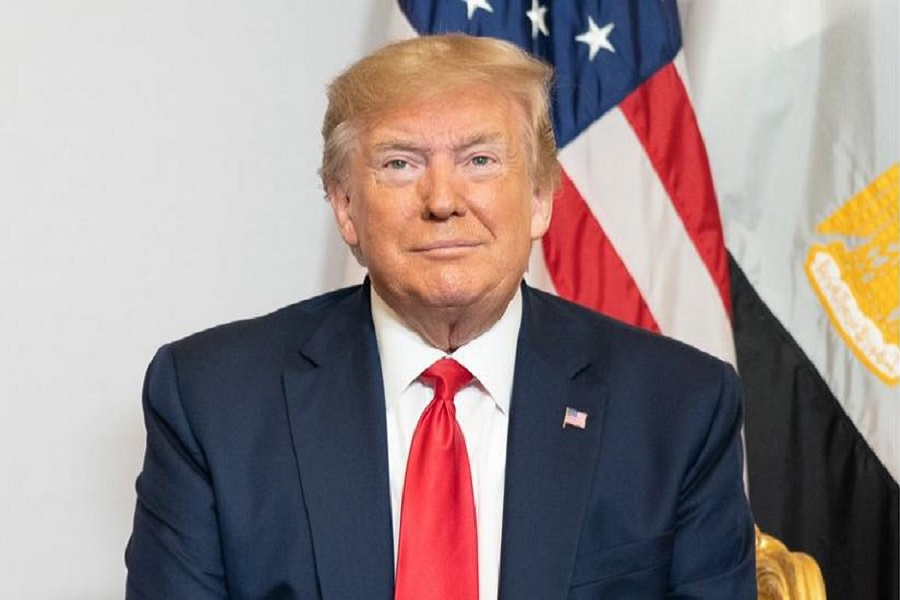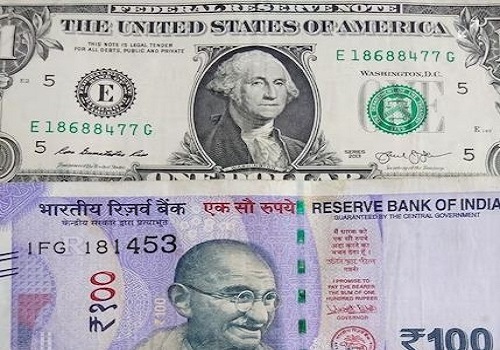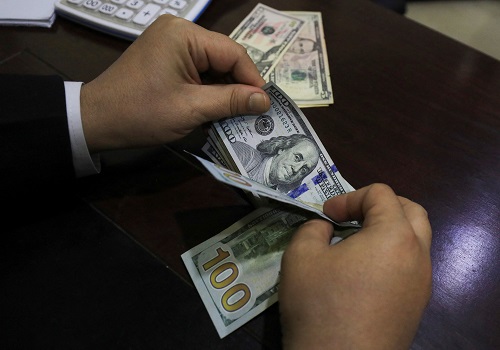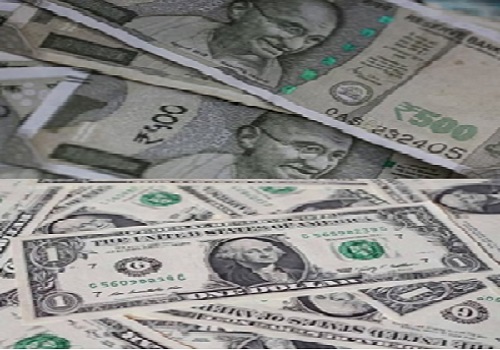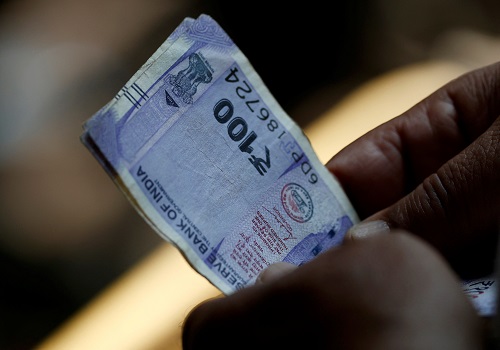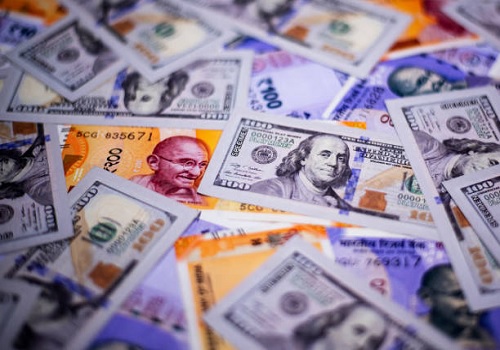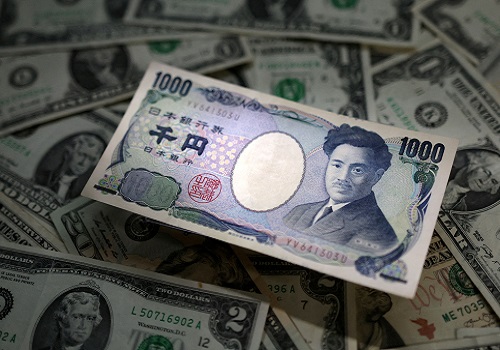Dollar rides high on flagging euro and yuan
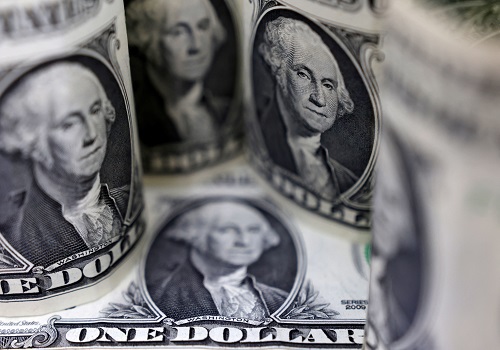
The dollar was buoyant on Tuesday as political turmoil in France undermined the euro, while tariff risks and weakness in China's economy pushed the yuan to a one-year low.
The yen swam against the tide to trade near six-week peaks on growing bets that Japan is about to hike interest rates.
The euro, which had been the weakest G10 currency through November, began this month with a 0.7% fall overnight and hovered at $1.0489 early in the Asia morning, as France's government heads for collapse over a budget impasse. [EUR/GVD]
Improving U.S. manufacturing data and a dive in Chinese bond yields to record lows has pulled the yuan below support around 7.26 per dollar to a four-month trough and opened the way to another bout of broad dollar strength. [CNY/]
"It's much easier for USD/G10 to go up when USD/CNH isn't stuck in the mud," said Brent Donnelly, trader and president at analytics firm Spectra Markets.
China fixed the yuan's trading band at its weakest in more than a year and the currency slid to its softest since Nov. 2023 at 7.2980 per dollar in early trade. [CNY/]
The Australian dollar dropped 0.7% overnight and was marginally down to $0.6470, with some mixed economic data showing a bigger-than-forecast current account deficit, but a jump in government spending that is likely to boost growth. The New Zealand dollar inched 0.2% lower to $0.5874.
The yen, the only G10 currency to gain on the dollar last month, touched its strongest since late October on Monday at 149.09 to the dollar and was trading near there on Tuesday. Market pricing implies a near 60% chance of a 25 basis point rate hike in Japan later in December.
Markets are waiting on U.S. employment data on Friday to finesse bets on whether the Federal Reserve will cut rates later in the month - currently priced as an even chance.
Job openings figures are due later on Tuesday.
Typically the dollar suffers seasonal weakness in December as companies tend to buy foreign currencies, however this year traders have a wary eye on the incoming administration of President-elect Donald Trump and are keeping the dollar firm.
Over the weekend Trump threatened punitive tariffs unless BRICS member countries committed to the dollar as a reserve currency.
"The remarks strengthen the view that Trump may not look to weaken the USD during his presidential term and will instead be relying on tariffs to tackle the U.S.'s large goods trade imbalance," said Rabobank strategist Jane Foley in a note.
"We maintain the view that EUR/USD could drop to parity around the middle of next year. The timing may coincide with the introduction of new tariffs by Trump."







